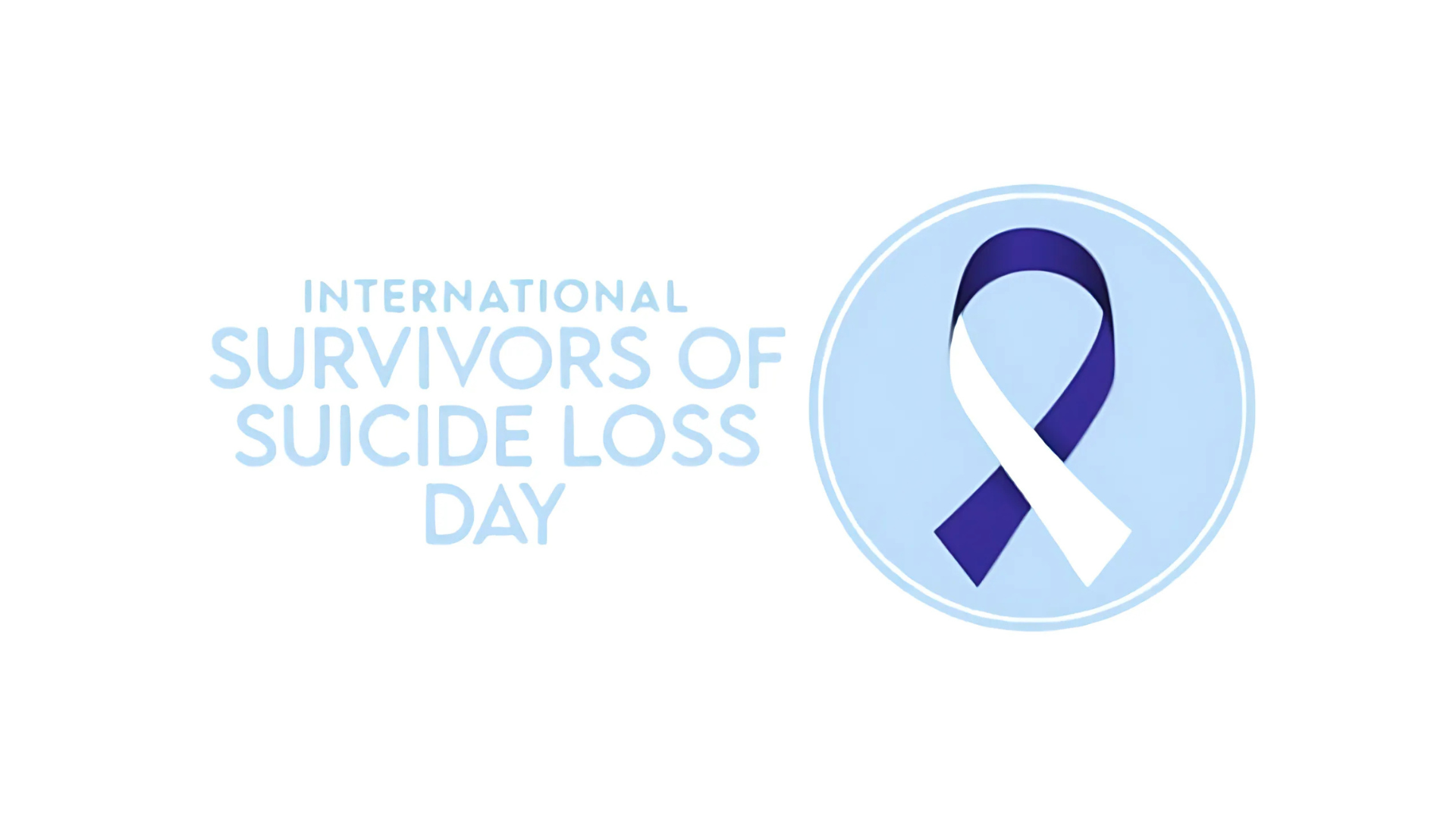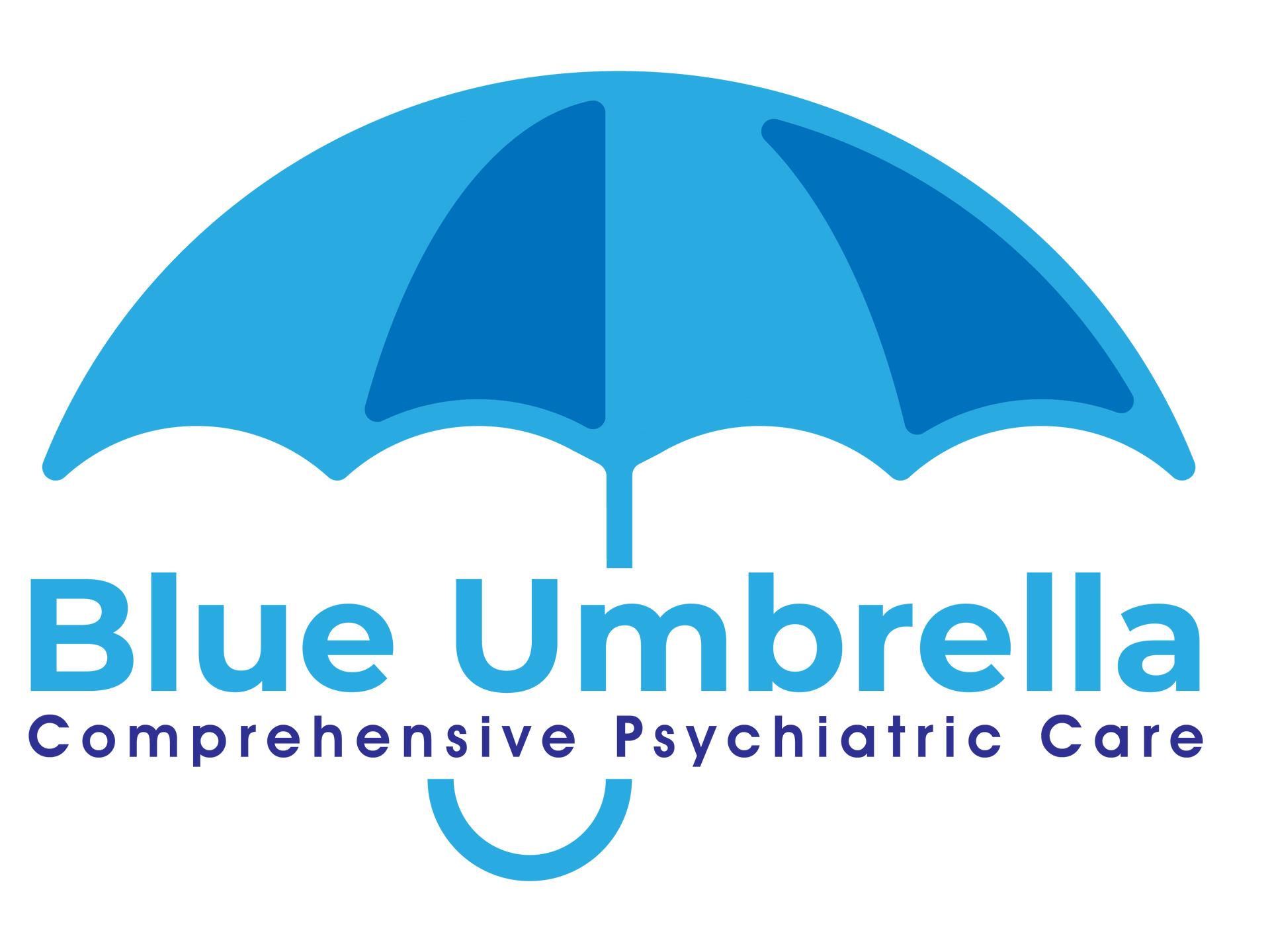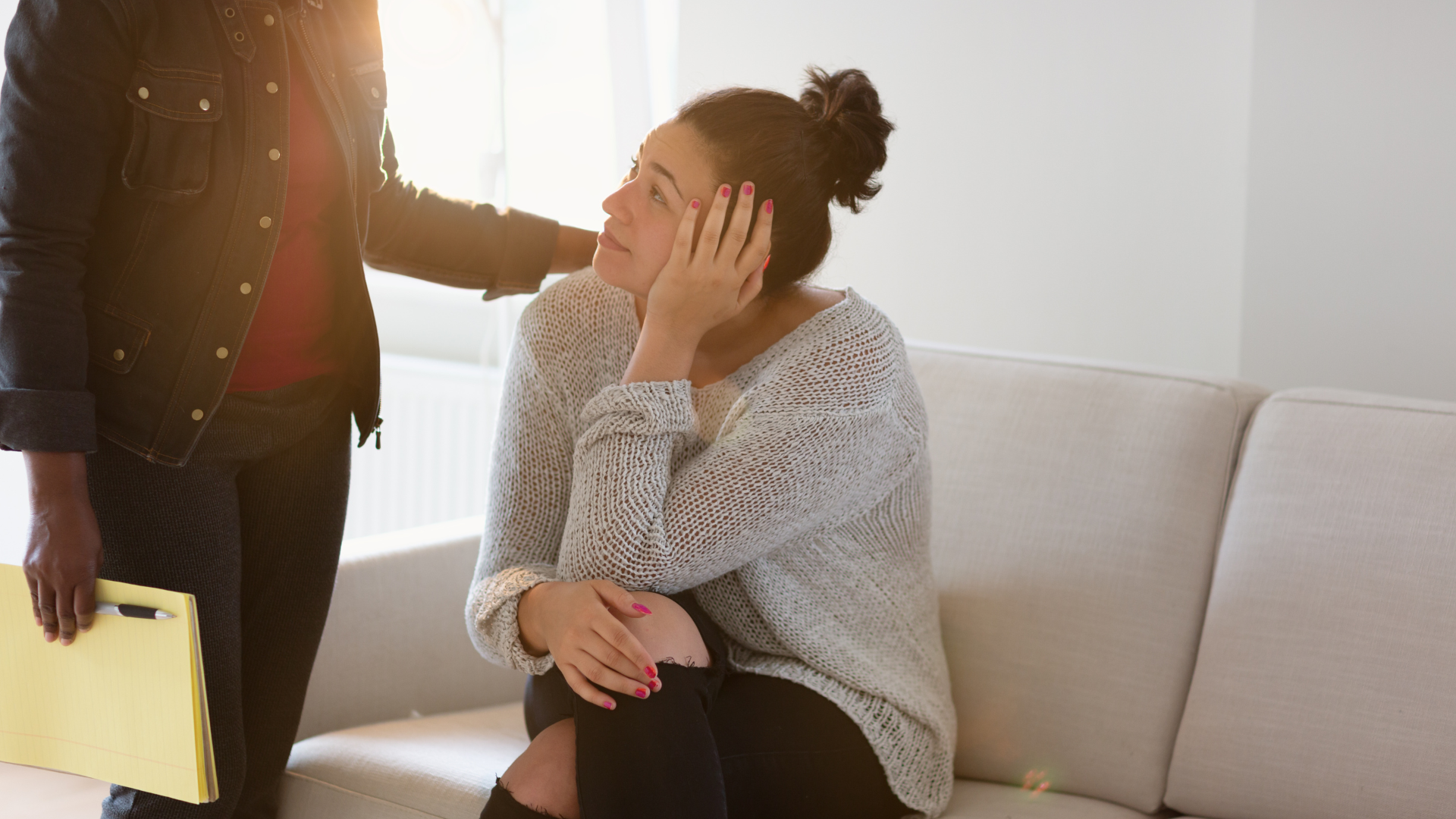
Suicide Survivors Awareness Day
November 21 marks Suicide Survivors Awareness Day, a time to honor and remember those who have lost their lives to suicide and to offer support to the loved ones left behind. This day serves as a reminder of the profound impact of suicide and the ongoing mental health needs of survivors.
Understanding the Impact of Suicide
Losing someone to suicide can create a unique and complex grief for survivors. Feelings of shock, guilt, anger, and deep sadness are common, and the aftermath can leave survivors grappling with questions that often have no answers. It is important to recognize that these feelings are valid and that there is no "right" way to grieve.
Survivors may also face stigma, isolation, and a sense of being misunderstood. Many struggle to express their emotions or seek help due to fear of judgment or a lack of understanding from others. On this day, we encourage all survivors to acknowledge their feelings and understand that they are not alone in their journey.
Supporting Suicide Survivors
- Open Dialogue: Creating safe spaces for open conversation about suicide and its impact can help survivors feel heard and understood. Encourage discussions that validate their experiences without judgment.
- Provide Resources: Connect survivors with support groups, counseling services, and hotlines dedicated to suicide prevention and survivor support. Organizations such as the American Foundation for Suicide Prevention and the National Alliance on Mental Illness offer valuable resources and community connections.
- Practice Compassion: For those supporting a survivor, offering compassion and understanding is key. A simple act of kindness, a listening ear, or a check-in can mean the world to someone navigating their grief.
- Encourage Professional Help: Encourage survivors to seek professional help if they are struggling to cope. Therapy can provide a safe space for them to process their feelings and develop healthy coping strategies.
Ongoing Mental Health Needs
The journey for suicide survivors doesn’t end with awareness days. The emotional and psychological impacts of loss can linger, and ongoing support is essential. Here are some important considerations for long-term mental health needs:
- Therapeutic Support: Ongoing therapy can help survivors explore their feelings, address unresolved grief, and develop strategies to cope with their loss. Group therapy may also provide a sense of community and shared understanding.
- Mindfulness and Self-Care: Encourage survivors to engage in mindfulness practices, such as meditation or journaling, to help process their emotions and promote emotional well-being. Self-care activities, like exercise or creative expression, can also be beneficial.
- Continued Education: Educating oneself about suicide and its effects can empower survivors and their loved ones. Understanding the signs and risk factors associated with suicide can foster a supportive environment for mental health.
Immediate Help Resources
If you or someone you know is in crisis or needs immediate support, please reach out to the following resources:
- National Suicide Prevention Lifeline: Call 1-800-273-TALK (1-800-273-8255) for 24/7, free, and confidential support.
- Crisis Text Line: Text HOME to 741741 to connect with a trained crisis counselor via text message.
- Substance Abuse and Mental Health Services Administration (SAMHSA): Call 1-800-662-HELP (1-800-662-4357) for information and support for individuals facing substance abuse or mental health challenges.
Blue Umbrella Psychiatry’s Commitment
At Blue Umbrella Psychiatry, we understand the complexities of grief and the importance of mental health support for suicide survivors. Our team of Psychiatric Mental Health Nurse Practitioners (PHMNPs), therapists, and Dr. Robbins is dedicated to providing compassionate care and resources for individuals navigating their emotional journeys.
We offer a range of services, including individual therapy, family therapy, and comprehensive assessments, tailored to meet the unique needs of those affected by suicide. We are here to support survivors as they heal and work towards rebuilding their lives.
Conclusion
On November 21, as we observe Suicide Survivors Awareness Day, let us remember those we have lost and extend our compassion to those left behind. By fostering understanding and support, we can help survivors navigate their grief and encourage ongoing mental health needs. If you or someone you know is struggling, please reach out for help. Together, we can create a community of support and healing.













